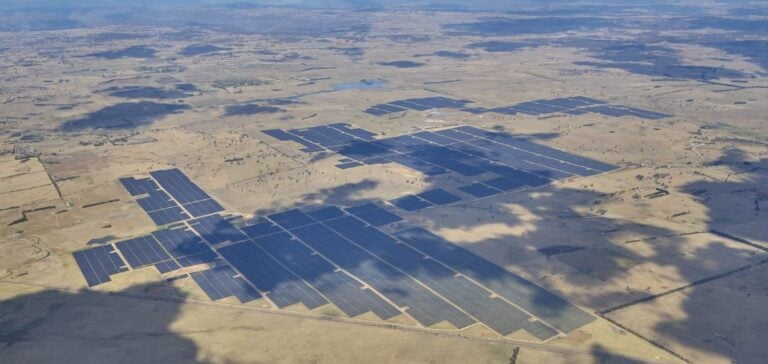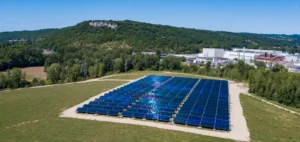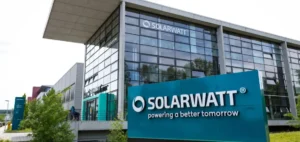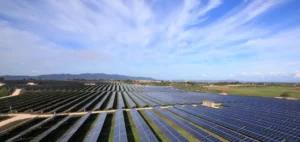The transition to renewable energy continues to gain momentum in Australia.
Asahi Beverages and BaptistCare recently announced partnerships with Flow Power to power their operations with solar energy from New England Solar, the largest solar farm in New South Wales (NSW) and the National Electricity Market (NEM).
Strategic partnerships with Flow Power
These new agreements mark a significant step towards the sustainability objectives of both entities.
Asahi Beverages has signed a new Power Purchase Agreement (PPA) with Flow Power, aiming to cover 100% of its electricity needs with renewable energy by 2025.
BaptistCare, meanwhile, has signed two PPAs with Flow Power, including one linked to New England Solar from 2025.
Impact and Community Involvement
These agreements will enable Asahi and BaptistCare to purchase a quantity of renewable energy that New England Solar, anACEN Australia project, will inject into the grid, and this energy will be recognized as having zero emissions from 2025.
For Asahi, this represents the annual purchase of 30,000 megawatt-hours (MWh), equivalent to powering nearly 4,400 homes in NSW for one year.
BaptistCare, meanwhile, will reduce the carbon footprint of its NSW and ACT operations by 70% thanks to a ten-year solar and wind APP, estimated at 15,000 MWh annually.
An Energy Transition Model
New England Solar, is at full development capacity of 720 MW, capable of powering around 300,000 homes a year.
The project has received strong community support, notably through grants and social investment programs.
The agreement with Flow Power represents a significant milestone for ACEN Australia, which aims to help Australia move to a clean energy future.
Flow Power’s initiative, which partners with leading sustainability and community consultation projects, is an example to follow.
The involvement of indigenous communities and local landowners underlines New England Solar’s commitment to creating sustainable value for all stakeholders.
The involvement of Asahi Beverages and BaptistCare in these renewable energy projects shows that concrete, collaborative actions can be taken to address environmental challenges while bringing tangible benefits to local businesses and communities.






















